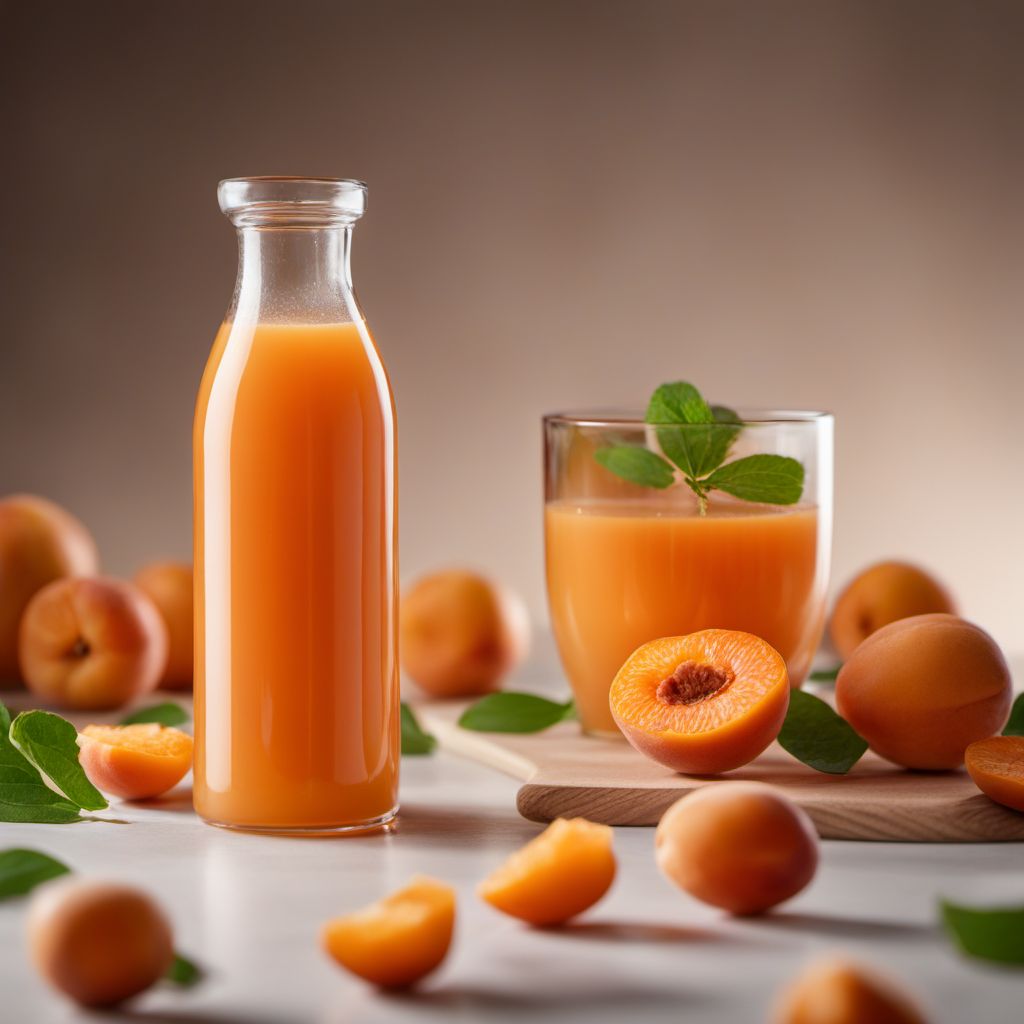
Ingredient
Juice, apricot
Apricot Juice: A Burst of Sweetness
Apricot juice is a vibrant and flavorful beverage made from the juice of ripe apricots. It boasts a rich golden color and a naturally sweet taste that perfectly encapsulates the essence of this beloved stone fruit. Whether enjoyed on its own or used as a base for cocktails and mocktails, apricot juice offers a burst of refreshing sweetness.
Origins and history
Apricots have a long history dating back to ancient times, with origins in China and Central Asia. They were highly valued for their delicious flavor and nutritional properties. Apricot juice became popular in the early 20th century, as advancements in food processing techniques allowed for the extraction and preservation of the fruit's juice. Today, apricot juice is enjoyed worldwide for its delightful taste and health benefits.
Nutritional information
Apricot juice is a good source of vitamins A and C, as well as dietary fiber. It also contains antioxidants that help protect the body against oxidative stress. With its natural sweetness, apricot juice can be a healthier alternative to sugary beverages, providing a burst of flavor without excessive calories.
Allergens
There are no known allergens associated with apricot juice.
How to select
When selecting apricot juice, opt for brands that use high-quality apricots and minimal additives or preservatives. Look for juices that are made from 100% pure apricot juice without any added sugars or artificial flavors. Additionally, check the expiration date to ensure freshness and quality.
Storage recommendations
To maintain the freshness and quality of apricot juice, it is best to store it in the refrigerator. Once opened, consume the juice within a few days to enjoy its optimal flavor and nutritional benefits. It is important to keep the juice in a tightly sealed container to prevent oxidation and maintain its freshness.
How to produce
Apricot trees can be grown in regions with a suitable climate, allowing individuals to produce their own apricots for juicing. The process involves planting apricot trees, providing proper care and maintenance, and harvesting the ripe fruits when they are at their peak. The apricots can then be juiced using a juicer or by manually extracting the juice.
Preparation tips
Apricot juice can be enjoyed on its own as a refreshing beverage or used as a base for cocktails, mocktails, smoothies, or even as a flavoring agent in desserts and sauces. Its sweet and tangy flavor pairs well with other fruits, such as berries or citrus, and can add a delightful twist to various recipes.
Culinary uses
Apricot juice is commonly used in beverages, such as cocktails, mocktails, and smoothies. It can also be used as a flavoring agent in desserts, sauces, or marinades. Its vibrant sweetness and natural goodness make it a versatile ingredient in both sweet and savory recipes.
Availability
Apricot juice is commonly available in regions where apricots are cultivated, such as Central Asia, the Mediterranean, and parts of North America. It can be found in supermarkets, grocery stores, and specialty food stores. Additionally, apricot juice can be made at home using fresh apricots and a juicer or blender.
More ingredients from this category » Browse all

Juice, pineapple
Tropical Elixir

Juice, nectarine
"The Golden Elixir: Unleashing the Vibrant Flavors of Nectarine Juice"

Juice, orange
"The Zesty Elixir: Unleashing the Vibrant Flavors of Freshly Squeezed Orange Juice"

Juice, cranberry
Tart Elixir: Unveiling the Vibrant World of Cranberry Juice

Juice, prune
The Sweet and Tangy Elixir of Prune Juice
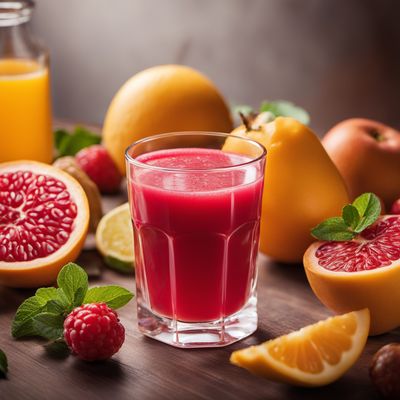
Juice, passion fruit
The Tropical Elixir

Juice, peach
"The Golden Elixir: Unleashing the Sweet Essence of Peaches"

Juice, blackberry
The Dark Elixir

Juice, guava
"Tropical Delight: Exploring the Exotic Flavors of Guava Juice"
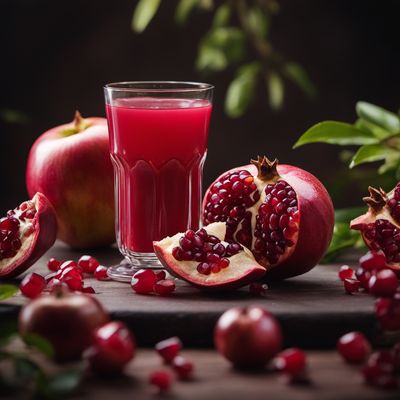
Juice, pomegranate
"The Ruby Elixir: Unveiling the Secrets of Pomegranate Juice"
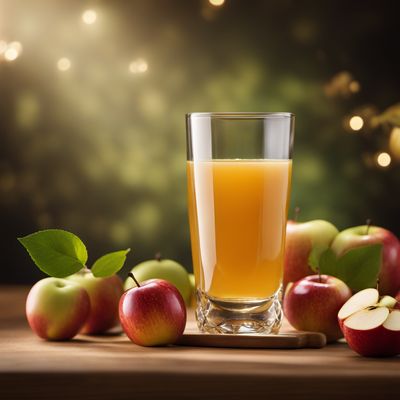
Juice, apple
The Essence of Nature: Exploring the Refreshing Apple Juice
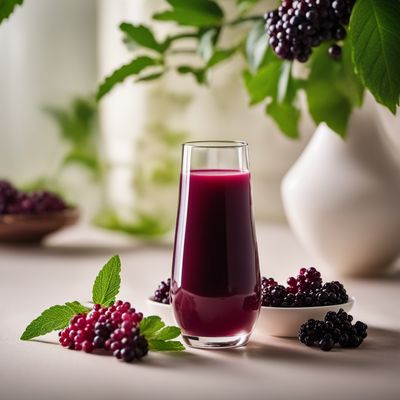
Juice, elderberry
The Immunity Booster
